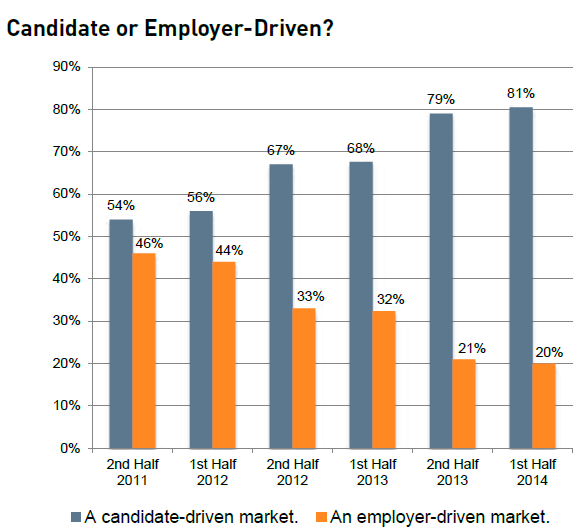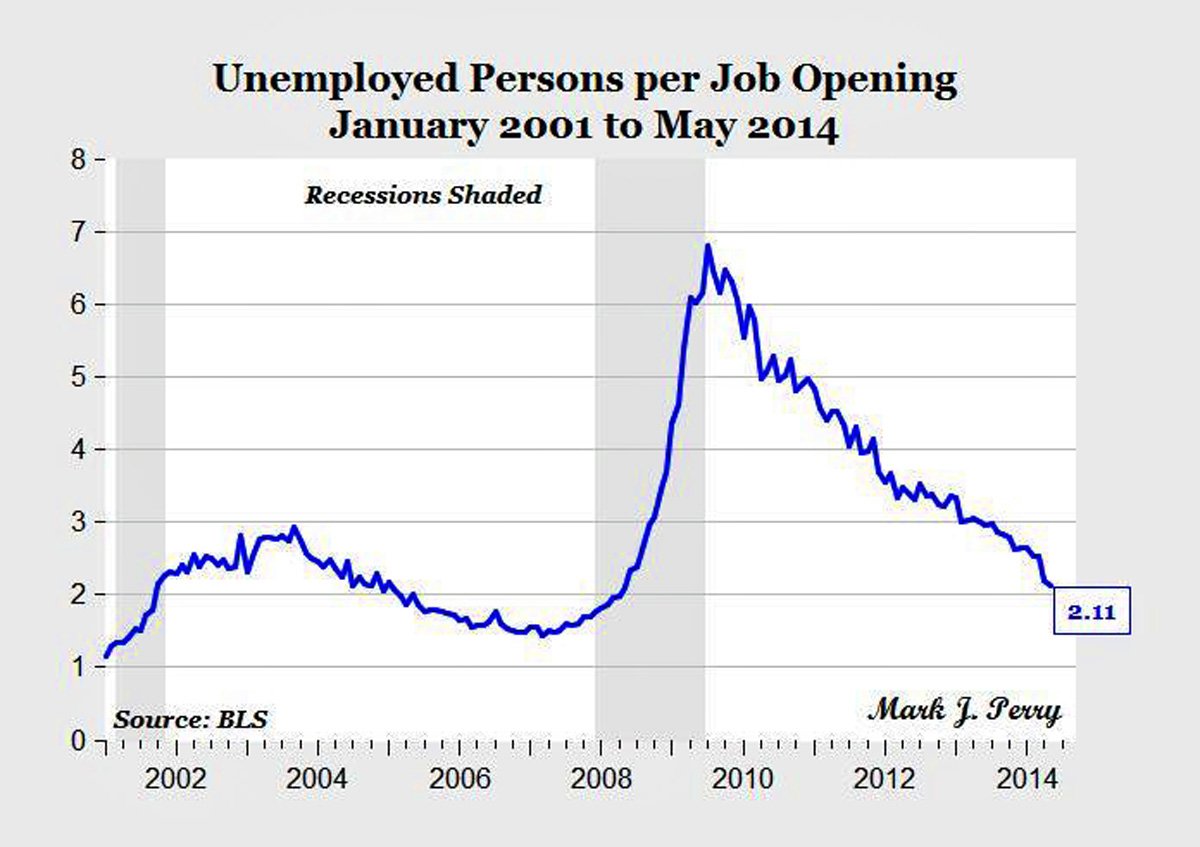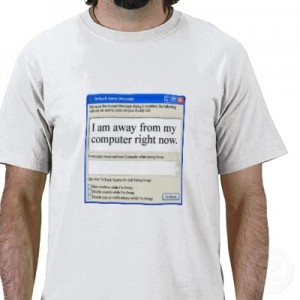REPRISE: PowerPoint for the iPad? Well that's no fun.
Note: Caught a really interesting article this week on the Unofficial Apple Weblog, titled Microsoft still doesn't get why the iPhone succeeded, which breaks down Microsoft CEO Satya Nadella's recent manifesto memo to MSFT employees regarding the tech giant's strategy and direction. Essentially, the author contends that Nadella's focus and emphasis on the device (smartphone, tablet, whatever is coming next, etc.), as a 'work' or productivity device misses the entire reason why people originally flocked to the iPhone and iPad in the first place. Here is a snippet from the piece:
Consumers primarily buy mobile devices that make their lives easier and more fun, work be damned. Microsoft Office wasn't available on the iPhone until June of 2013. An iPad version wasn't released until four months ago! And guess what, hundreds of millions of consumers bought iPhones and iPads anyhow.
The longer Microsoft continues to focus on the alleged allure of productivity software, the more it runs the risk of falling into the same trap as RIM, which remained so beholden to the notion of physical keyboards that it completely ignored the mass market to placate its beloved enterprise users. Just as RIM mistakenly believed that physical keyboards could fend off the growing popularity of the iPhone, Microsoft seems to believe that the abstract notion of "productivity" will help them garner more marketshare.
The underlying problem with this train of thought is that it ignores the fact that the iPhone helped usher in the consumerization of IT, the dynamic where individuals themselves are able to influence the type of mobile devices supported in their work environment.
------------------------------------------------------
Steve here- The entire piece kind of read and felt familiar to me, and a quick look back at the archives here revealed I had kind of written a similar piece back in February of 2012, when early rumors of MS PowerPoint being ported out to the iPad first started making the rounds. So since it is sometimes fun to look back, and because I think the gist of the argument I made in 2012 still applies today, here is that piece from 2012 in all it's majesty:
PowerPoint for the iPad? Well that's no fun.
Lots of chatter in the tech news and blogosphere this week about the possible launch of an iPad version of Microsoft Office. First the news of the Office for iPad was broken by The Daily, denied, (kind of), by Microsoft, examined in more detail by ZDNet, then reconfirmed on Twitter by a staff member at The Daily. And I am sure there were lots of other takes on the potential release of Office for the iPad, most of which making it seem like it is not a question of if Microsoft will release the iPad version of Office, but rather when the apps will be released. Source - The Daily
Source - The Daily
So based on the evidence, and the sort of non-denial denial from Microsoft, let's assume that indeed in the 'coming weeks' there will be a release of MS Office for the iPad. Most of the accounts about this possible new Office version herald this development as a positive one, both for Microsoft, essentially absent to this point in the rapid rise of the tablet ecosystem, and also for the millions of iPad users that now can become 'more productive' now that the ubiquitous Office suite will have a native iPad version.
But for me, I have to admit I don't feel all that excited about having Excel, Word, or PowerPoint on the iPad. Even assuming that the iPad versions of these workplace stalwarts manage to leverage the best capabilities and usability features that the iPad offers, you are still crunching spreadsheets, writing (boring) documents, and futzing around with another PowerPoint. You know, working. And work, sadly, is often not much fun. And perhaps through no fault of their own, Excel and PowerPoint take a lot of reflected shrapnel for that if you get my meaning.
People love their iPads because they are fun, (assuming you can mentally set aside how they are actually manufactured, but that is another story), they provide an amazing user experience, and mostly what you do with them either isn't work, or doesn't feel like work. It just seems cool, hip, easy. Not words we often associate with work. Especially when work takes the form of spreadsheets and slide decks.
So when MS Office for the iPad comes out will I rush to load it up? Probably not. But I imagine I will eventually succumb, as the allure and utility of being able to tweak that presentation file on the iPad when sitting in the airport will prove too tempting and seem too necessary. It's work right? Need to get 'er done whenever and wherever.
I just hope I won't have to drop Angry Birds to make room for Excel. Because that would really stink.
Have a great weekend!

 Steve
Steve



